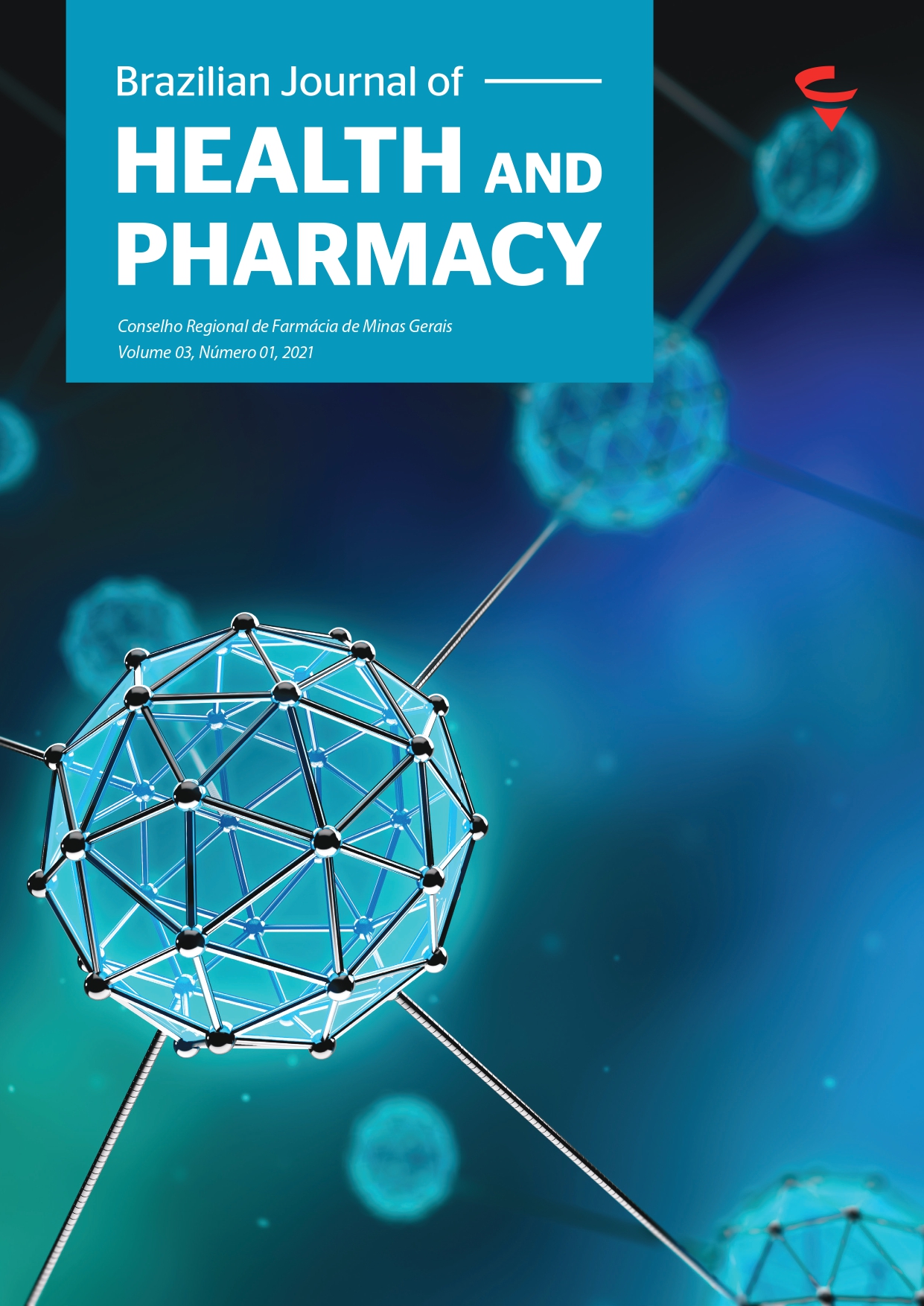Abstract
Acyclovir (ACV) is used to treat infectious diseases caused by the herpes vírus. Its high cohesiveness makes encapsulation difficult and compromises the final quality of the compounded product. The aim of this work was to select excipients capable of improving the flow properties of ACV in relation to the preparation of compounded capsules with 400 mg of the active pharmaceutical ingredient (API) and to guarantee the recommended dissolution rate. Eight blends of excipients (A – H) distinctly composed of colloidal silicon dioxide (DSC), sodium starch glycolate, purified talc, hydroxypropyl cellulose and microcrystalline cellulose (MCC) were evaluated for flowability, where four of them (A, B, C and E) were selected to compose the capsule formulations because they exhibit the lowest values referring to the Hausner Factor and the Carr index. The ACV assay showed purity content of 99.3%. Although all formulations have approved the weight determination criteria, only capsules containing ACV and E blend (DSC:MCC) achieved the specified dissolution rate. This indicates that the association of such excipients provided appropriate porosity to the ACV particles through the reduction of interparticular cohesion, a fact that favored the penetration of water in the packaged powder blend. Finally, it is suggested that the production of compounded capsules containing ACV 400 mg be carried out employing capsule shells of size Nº00 with approximately 190 mg of DSC and MCC (2.5:97.5) in order to aid the flow of the API, provide adequate weight uniformity and achieve the desired dissolution rate to promote an effective antiviral therapy

